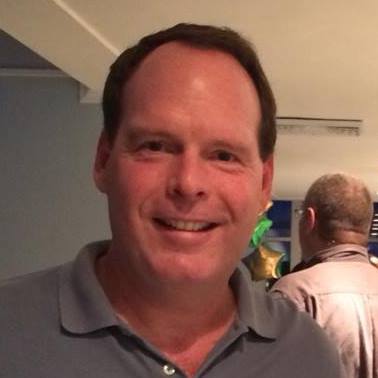I’m going to begin this post by telling you an ironic short story. It’s ironic because it’s about how I don’t really get short stories in a lot of ways. Bear with me and I’ll explain.
I never really wrote much in the way of short fiction prior to my first trip to Superstars Writing Seminar. The instructors there took great pains to impress upon us the importance of short fiction as a way to hone our craft, turn out many completed projects for submission in a short amount of time and as a way to build a reputation as an up-and-coming writing talent. I took their advice to heart and set about working on short stories whenever my work on novels lulled. I quickly learned that I had trouble with the “short” part of short fiction, and not always just in my own work. What most people would read and consider a complete work of short fiction I would read and think “I enjoyed that quite a bit, I just wish it had been longer so I could have felt a greater sense of immersion.”
The problem grew. I began cutting my own stories to a more submission-friendly length (not a lot of market beyond Writers of the Future for that 14,000 word novelette). Don’t get me wrong, many of my stories, most especially the early ones, were quite bloated and desperately needed to be cut. I’d hack them to pieces by half or more, and be quite satisfied with my butchery. Then the feedback would come in. “I liked the writing, but it was too long.” Ack! Talk about disheartening. So I hacked more, and I ended up with stories that got more and more positive feedback, many still in the process of doing so as they search for a home.
But despite the increase in market options and positive feedback, I no longer liked some of my stories as much. I had to set a new directive for myself: cut my stories until I felt they were too short. In general, the kind of short fiction I love is different than the kind of short fiction most other readers love.
The point of this story gets to the heart of perhaps my greatest fear as a writer. What if I never find my audience because I don’t write stuff that enough people like? What if, in a profession filled with odd types, I am just one degree too odd in my tastes? What if no one ever picks up a science fiction book that’s more political thriller than future tech? What if no one is interested in a YA fantasy which defies the customs-as-strong-as-laws of YA lit by being set entirely in a bizarre second world with no Earth present, dystopian or otherwise?
I tell myself I can be a trendsetter or someone whose work people could turn to when they want something different. But I also know how difficult a business this is to break into, how every element of a story that carves away a slice of readership makes it that much easier for a reader or editor to move on to the next book they are considering.
People often say to write what you know, which is impossible if you are writing fantasy and, to a certain extent, sci-fi. I think a better adage is “write what you love.” You’ll get a lot more done that way.
But what happens if you are the only one who loves it?

 Guest Writer Bio:
Guest Writer Bio: